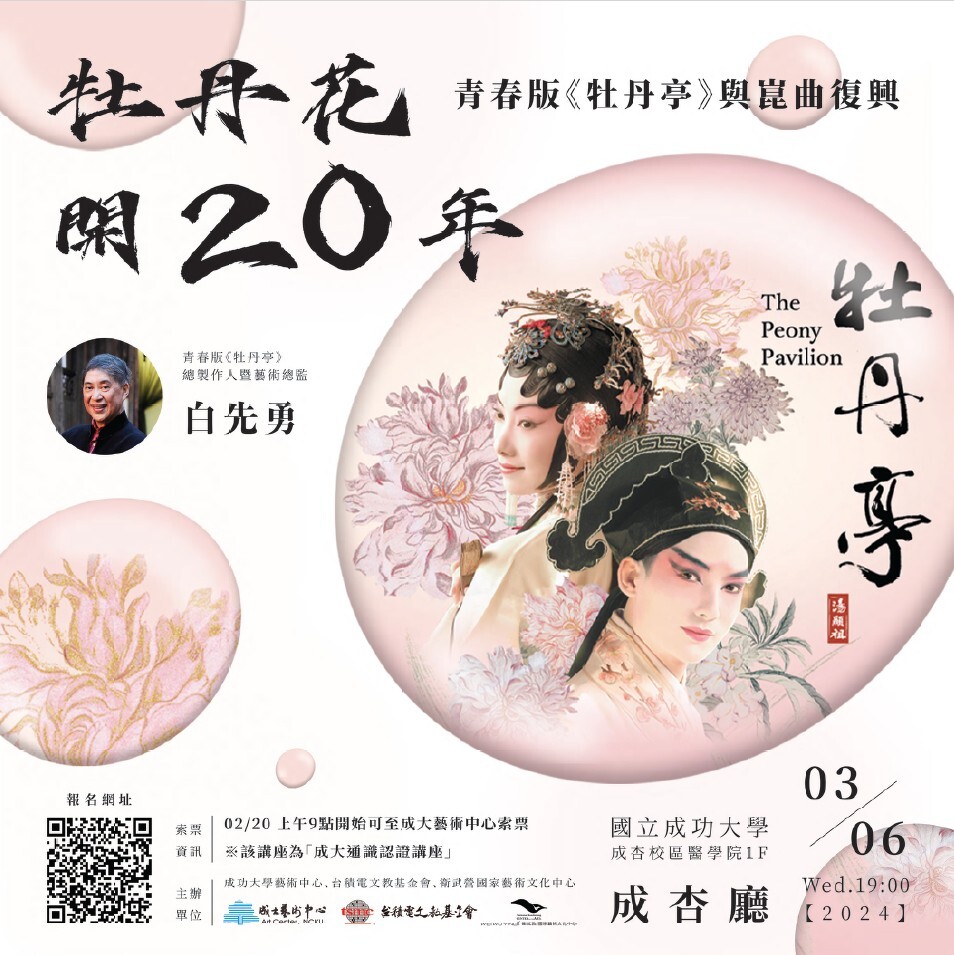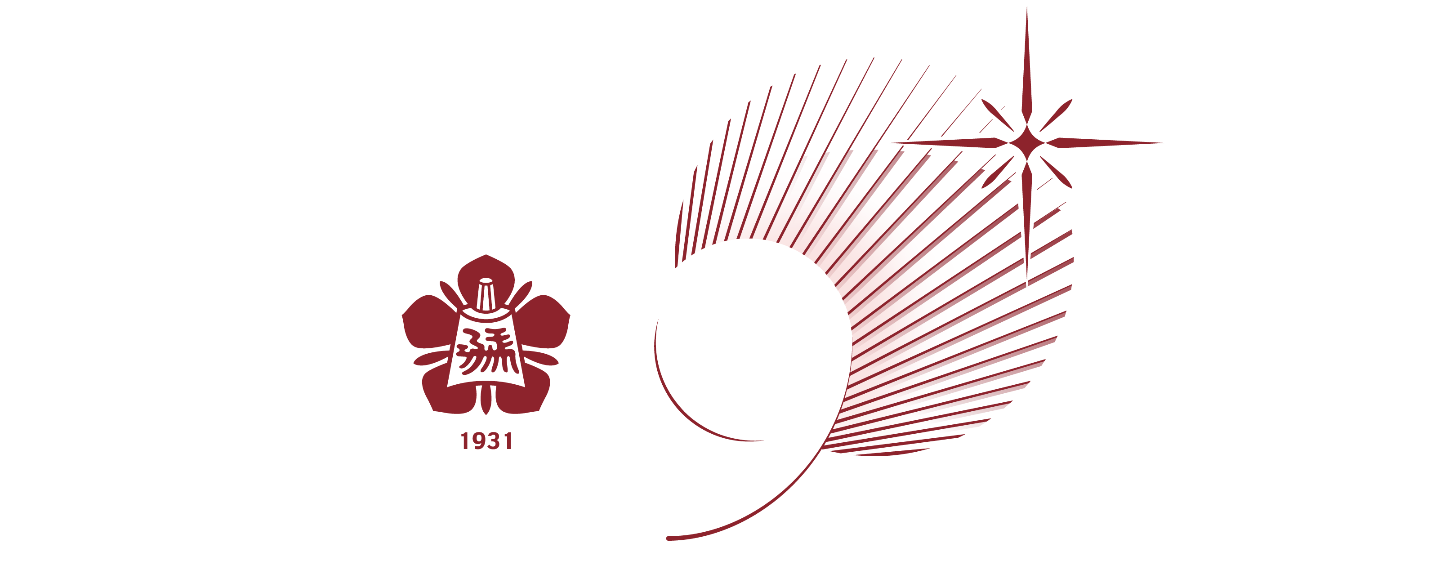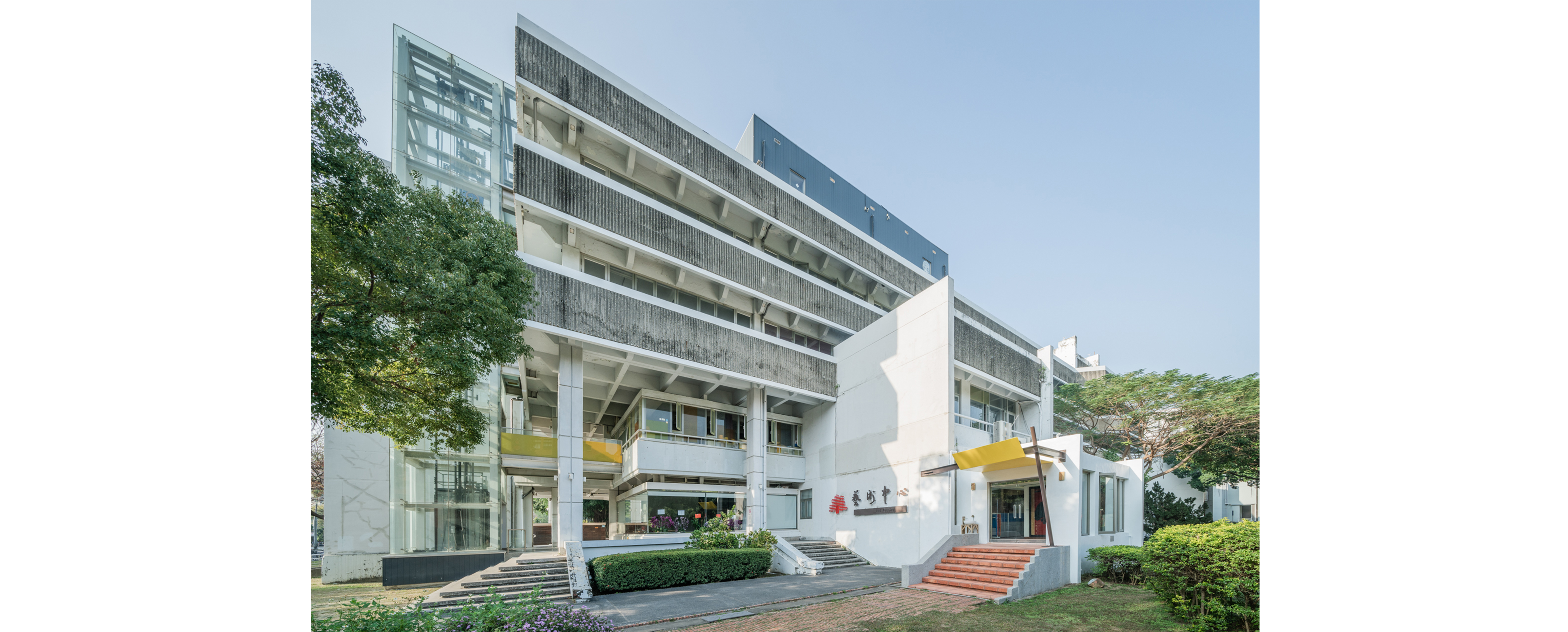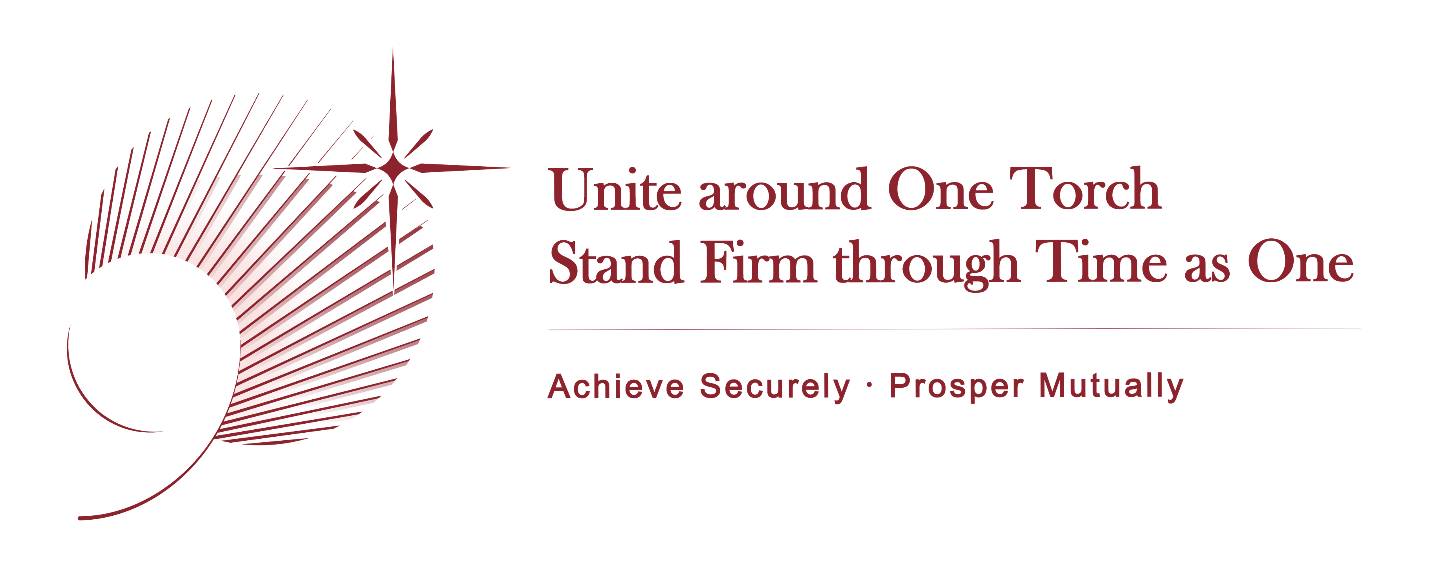Since its premiere at the National Theater Hall in Taipei in 2004, the youth version of The Peony Pavilion (hereinafter referred to as “the youth version”) has captivated all viewers, with hundreds of thousands of viewers watching in more than 400 of said performance. Over the past 20 years, the youth version has sparked a craze for as well as revival and transmission of Kunqu Operas. For this lecture, Pai Hsien-yung, the producer of the youth version, will serve as the speaker. Peony Pavilion in Renaissance, a documentary, will also be played, detailing the journey of the youth version over the past two decades.
About the Speaker
Pai Hsien-Yung is a Taiwanese literary writer who has been praised Hsia Chih-Tsing (a Chinese scholar who moved to the United States) as “a genius among contemporary Chinese short story writers, with artistic achievements that could be rivalled by only a handful of writers such as Lu Xun and Eileen Chang since the May Fourth Movement. Pai has written short stories (e.g., “Lonely Seventeen,” “Taipei People,” and “New Yorker”), novels (e.g., Crystal Boys), and plays (e.g., Peony Pavilion). Many of his novels have been adapted into films, TV shows, and stage plays, and his works have been translated into English, French, German, Italian, Dutch, Japanese, among other languages.
In recent years, Pai has dedicated himself to promoting new Kunqu Opera aesthetics, producing the youth version and a new version of The Story of the Jade Hairpin that have been widely acclaimed both domestically and internationally. In 2006, the youth version was performed in Western United States 12 times, receiving unprecedented popularity and with media acclaiming it as the Chinese traditional opera with the biggest impact on the American intellectual community since Mei Lanfang’s performance in 1930. The youth version been performed domestically and internationally, attracting hundreds of thousands of young student viewers and sparking a Kunqu Opera revival movement in Chinese circles.






